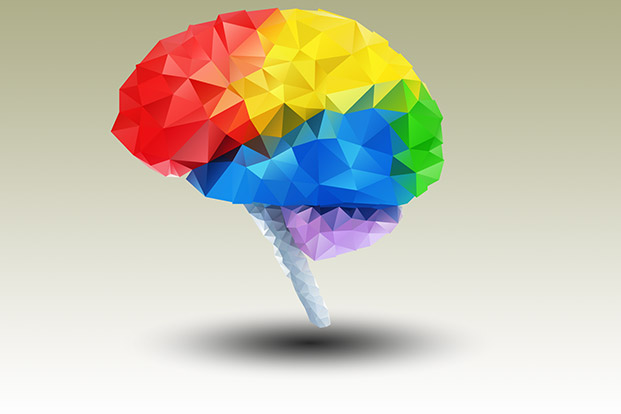Brain Tumor : 5 Myths busted
Apr 19, 2022
Our body is made up of tiny building blocks called cells. They together form the tissues and the organs of the body by normally dividing, multiplying in a controlled manner. The old cells die and the new ones take their place. However abnormal functioning of the cells, their random multiplication in an uncontrolled manner leads to a disease called Cancer. The result is lump formation, which is clinically referred to as a ‘Tumor’. Such lumps can develop in any part of the body, including the brain. Brain tumors can occur at any age and are more prevalent in people above 60.
Brain Tumors are usually diagnosed when the patients complain of:
- Frequent uncontrolled and progressive headaches
- Seizers or fainting spells
- Personality changes and problems in cognition
- Nausea and loss of balance
- Blurred vision, decrease in visual activities
- Numbness in limbs
Usually people ignore these symptoms and are usually referred to a doctor post a serious episode of the above stated symptoms. It is important that you get yourself checked periodically as in cancer early detection and timely treatment is the key. Below are few of the resolved myths associated with Brain Tumor.

Myth 1: Brain Tumor is a rare kind of Cancer
Fact : Though it is not as common as breast, cervical, mouth or lung, however the prevelance of Brain tumor is well established in the country. Brain tumors are also the leading cause of cancer deaths in children. In case of young adults, brain tumor accounts for the third leading cause of death from cancer. It is therefore not appropriate to believe that brain tumors are very rare.
Myth 2: All Brain Tumors are same and require similar treatment
Fact: Brain Tumors occur different in people as per the location, size and age. Hence a number of factors determine the progress, prognosis and the treatment of the same. Other factors of difference include the rate at which it is growing, whether it is benign or malignant, if the patient has any preexisting medical complications, etc. In some cases the treatment can be purely surgical, where as in others it can be a combination of radiation and surgery.
Myth 3: Non – Malignant Tumors don’t require chemotherapy
Fact: In most cases, malignant tumors are the ones that require chemotherapy while the benign ones can be surgically removed relatively safely. However, some people with non-malignant tumors may require chemotherapy. The treatment protocols and processes will differ from person to person depending on several factors. Note that malignant tumors are the fast growing and spreading tumors. These can spread fast, affect other organs and can prove to be fatal.
Myth 4: Radiation from cell phones, laptops, microwaves causes Brain Tumor
Fact: High energy radiations cause the cells to mutate. These mutated cells multiply exponentially causing cancer. However there is no evidence to prove that the radiations from cell phones, laptops and microwaves cause the same. It should also be noted that the wave strength is not that high to cause any mutations.
Myth 5: Surgery removes Cancer from your body – once and for all
Fact: Cancer is a highly unpredictable disease. Patients who have been detected with cancer once, who have been going through treatment or have already gone through surgical, medical and radiation treatment have to be prepared. They need to keep visiting the doctor and opting for regular tests to check for any reoccurrences. Remember for cancer early detection and timely treatment is of prime importance.









